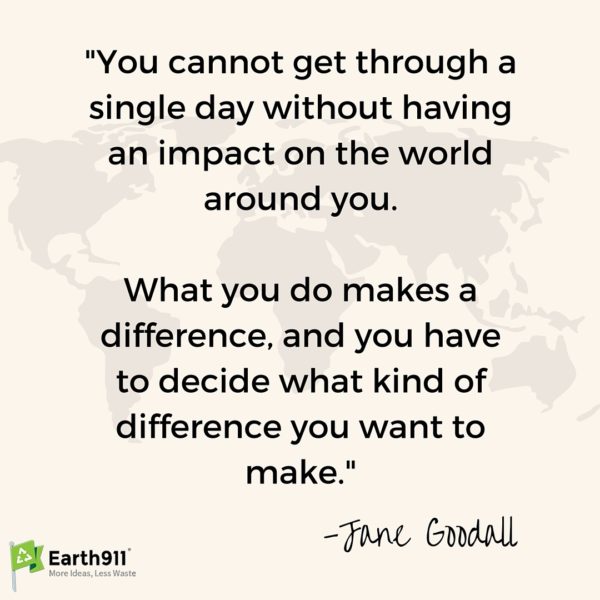|
Why take Environmental Science?
Every day in the news there is another story about natural disasters, climate change, or other human created environmental issues. Voting ballots increasingly include environmental measures, such as the recent plastic bag ban in California. To be an informed citizen one must understand the issues at hand. That every problem has multiple solutions, and choosing the best one means weighing the risks and benefits of each. Our planet consists of the geosphere, hydrosphere, atmosphere, and biosphere. Sometimes, distinctions include the anthroposphere and cryosphere. We rely on each of these spheres for our survival, and we are continually harming them through our current actions. As Jane Goodall says, we are making a difference, let us make it a good one. |
|
Syllabus in a nutshell:
(see full text here) (Español) Environmental Science is a foundation-level science course which is designed to help students become knowledgeable citizens of Earth while they learn good science practices. Students must have a signed Lab Safety Contract (Español) prior to performing most labs. Students are responsible for completing assignments on time. Late work is accepted with a 10% point deduction per day late. Students who were or will be absent are responsible for retrieving work and giving ample warning if work is desired before departure. Tutoring, test and lab makeups/retakes are performed on Mondays after school from 3:15-4:30. |
